Categories
TOP RATED PRODUCTS
-
 DIA CAARE MILLET COOKIES
DIA CAARE MILLET COOKIES
₹22.00Original price was: ₹22.00.₹15.00Current price is: ₹15.00. -
 Childrens Choice Millet Cookies - 70gm
Childrens Choice Millet Cookies - 70gm
₹70.00Original price was: ₹70.00.₹53.00Current price is: ₹53.00. -
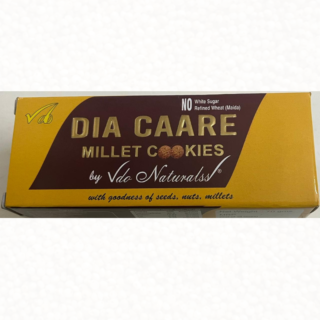 Dia Caare Millet Cookies 70gm
Dia Caare Millet Cookies 70gm
₹70.00Original price was: ₹70.00.₹53.00Current price is: ₹53.00. -
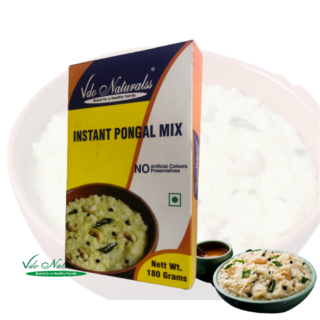 Instant Rice Pongal Mix 180gm
₹65.00
Instant Rice Pongal Mix 180gm
₹65.00
-
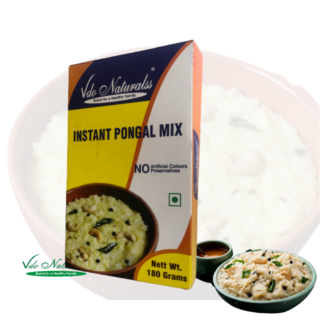 Instant Little Pongal Mix
Instant Little Pongal Mix
₹98.00Original price was: ₹98.00.₹73.00Current price is: ₹73.00.
CLIENT'S TESTOMONIAL

Varadharajan
Finest quality and wide range of cold pressed oils. Legacy and natural shop. Best place for buying any oil be that cold pressed coconut , groundnut oil. If you compare the oils available with other branded oils in the market, these are economical and of good quality. The groundnut oil sold by the store is one of the best.
Sandeep
Professional and timely handling of orders. Good customer support. Quality of products is good. Am a repeat customer now! Surprised to see negative reviews of customer support. It is after seven months after the above review: I would 100% recommend. It happened so that during my recent order on receipt I found the packaging was open and two 1 ltr coconut oil were missing, it could be during transit. Was stunned with their response and action. Amazing levels of keeping customer happy. Keep up the levels please!
Blog
1. Millet-The Super Food
Millets are a group of small-seeded grasses that have been cultivated for thousands of years. They are known for their resilience, adaptability, and nutritional value. In recent years, millets have gained popularity as a superfood due to their numerous health benefits and potential to address malnutrition and hidden hunger in developing countries.
Millets were among the first crops to be domesticated in India with several pieces of evidence pointing to their consumption during the Indus valley civilization. Millets are produced in most of the states characterized by low to moderate precipitation (200–800 mm rainfall).
Millets are the stapled crops adapted to dry land agro-ecologies of the arid and semi-arid tropics.
Millets are an important nutricereal crop being drought-resistant, climate-resilient, and pest and disease-resistant grown in 4 months unlike rice and wheat, which are grown for 6 months¹²⁴.
Millets are a rich source of protein, fiber, vitamins, and minerals. They are gluten-free and have a low glycemic index, making them an ideal food choice for people with celiac disease or diabetes. Research has shown that millets may help prevent chronic diseases such as heart disease, diabetes, and cancer¹. They are also known to support gut health and bone health¹
Millets have served as a traditional staple for hundreds of millions of people in Sub-Saharan Africa and Asia (particularly in India, China, and Nigeria) for 7000 years and are now cultivated across the world. Estimates show that more than 90 million people in Africa and Asia depend on millets in their diets. Millets are an important staple cereal crop for millions of smallholder dryland farmers across
Millets are also deeply rooted in Indigenous Peoples’ culture and traditions. They have influenced contemporary food habits and continue to be an essential part of many traditional recipes and culinary practices.
India is the largest producer of millets in the world, accounting for over 40% of the global production.
Other major millet-producing countries include Nigeria, Niger, China, Mali, Burkina Faso, Sudan, and Ethiopia.
India’s major millet exporting countries are U.A.E, Nepal, Saudi Arabia, Libya, Oman, Egypt, Tunisia, Yemen, U.K, and U.S.A.
The varieties of millets exported by India include Bajra, Ragi, Canary, Jawar, and Buckwheat.
Asia and Africa are the major production and consumption centers of millet crops.
2. The Super food for a Sustainable Future
Traditional and modern millet farming practices have a significant impact on biodiversity and crop resilience. Millets are known for their ability to grow in harsh environments and less fertile soil. They require less water than rice and wheat and are drought and pest-resistant. However, modern farming practices have led to a decline in millet cultivation and a loss of biodiversity¹.
Millets are resilient in adapting to climate change and have a lower carbon footprint compared to other cereal crops. They can grow in arid or unforgiving landscapes and require less irrigation and fewer inputs. Millets are also known to enhance soil health and reduce soil degradation².
Advances in post-harvest processing technologies for millets have led to improved nutritional value and new product development opportunities in the food industry. Millets can be processed to remove the inedible portions, extend shelf life, and improve nutritional and sensory properties³.
Millets have the potential to address malnutrition and hidden hunger in developing countries and improve the economic viability of smallholder farmers. Government policies and initiatives can play a significant role in promoting millet production and consumption².
Millets have a rich cultural heritage and are deeply rooted in Indigenous Peoples’ traditions. They have influenced contemporary food habits and continue to be an essential part of many traditional recipes and culinary practices¹.
Consumer perception and knowledge of millets have a significant influence on market demand. The growth of the millet market has the potential to become a mainstream food choice and contribute to sustainable agriculture and food systems².
millets are a superfood for a sustainable future. They offer numerous health benefits, support biodiversity and crop resilience, and contribute to sustainable agriculture and food systems. By promoting millet production and consumption, we can address malnutrition and hidden hunger in developing countries, improve the economic viability of smallholder farmers, and create a more sustainable future for all
3. Millet Cultivation and Its Contribution towards Economic growth
Millet cultivation has emerged as a vital contributor to economic development, playing a pivotal role in sustaining agriculture and fostering rural prosperity. This ancient grain, known for its resilience and adaptability to diverse agro-climatic conditions, has become a linchpin in the economic fabric of many regions worldwide. This note delves into the multifaceted economic contributions of millet cultivation, shedding light on its impact on income generation for farmers, employment opportunities, and overall economic stability.
Income Generation for Farmers:
Millet cultivation offers farmers a robust strategy for diversifying their income streams. Unlike some monoculture crops, millets can be grown in tandem with other crops, providing farmers with a buffer against market volatility. The ability to cultivate millets alongside other staple crops contributes to a more resilient and sustainable agricultural economy.
Reduced Input Costs:
Millets are renowned for their low-input requirements, thriving in conditions that might be less suitable for other major cereals. This characteristic translates into reduced costs for farmers, making them self sufficient
4. Health Benefits Cold Pressed Oils
In the Arena of nutrition, the spotlight is increasingly turning towards the Numerous health benefits offered by cold-pressed oils.
Derived through a meticulous extraction process that avoid heat and chemicals, cold-pressed oils retain and keep the nutrients and bioactive compounds.
This post attempt to explain the health advantages associated with the consumption of cold-pressed oils, shedding light on their impact on cardiovascular health, immune function, and overall well-being.
I. Nutrient-Rich Composition: A Foundation for Health
A. Preservation of Nutrients: Cold-pressed oils, owing to their extraction method, preserve a higher concentration of vitamins, minerals, and antioxidants compared to oils extracted through heat-intensive processes. This translates to a more nutrient-dense option for consumers.
B. Rich in Essential Fatty Acids: The cold-pressing technique ensures that essential fatty acids such as omega-3 and omega-6 are retained in optimal quantities. These fatty acids play a pivotal role in maintaining heart health, cognitive function, and skin integrity.
II. Heart Health and Cholesterol Management:
A. Balancing Cholesterol Levels: Cold-pressed oils, particularly varieties like cold-pressed olive oil, have been linked to improvements in cholesterol profiles. The presence of monounsaturated fats helps balance LDL and HDL cholesterol levels, mitigating the risk of cardiovascular diseases.
B. Regulating Blood Pressure: Certain cold-pressed oils, such as flaxseed oil, have demonstrated potential in regulating blood pressure. The abundance of omega-3 fatty acids contributes to improved vascular function and blood flow.
III. Boosting Immune Function:
A. Antioxidant Powerhouse: Cold-pressed oils are replete with antioxidants, including vitamin E and polyphenols. These compounds combat oxidative stress, fortifying the immune system and reducing the risk of chronic diseases.
B. Anti-Inflammatory Properties: Cold-pressed oils exhibit anti-inflammatory properties, fostering a balanced immune response. This can be particularly beneficial in managing conditions associated with chronic inflammation.
IV. Enhancing Digestive Health:
A. Improved Nutrient Absorption: The presence of healthy fats in cold-pressed oils aids in the absorption of fat-soluble vitamins, promoting overall nutrient absorption and utilization by the body.
B. Gut Microbiota Support: Certain cold-pressed oils, such as coconut oil, have been associated with promoting a healthy balance of gut microbiota, contributing to improved digestive function.
V. Elevating Health Through Cold-Pressed Oils
The consumption of cold-pressed oils stands as a formidable ally in the pursuit of optimal health. From their nutrient-rich composition to their positive impact on heart health, immune function, and digestive well-being, these oils represent a natural and wholesome addition to a balanced diet. As the awareness of their health benefits continues to grow, integrating cold-pressed oils into one’s culinary repertoire emerges as a flavorful and nourishing choice for individuals committed to holistic well-being.
5. How to overcome the Chronic Health Issues by adopting the healthy Habits-Part -1
In a world where chronic health issues have become increasingly prevalent, adopting and sustaining healthy habits is a foundation of preventive care and overall well-being.
We will see how easily and effectively overcome the chronic health issues, by following the simple and powerful habits that foster longevity, vitality, and resilience.
The Rising Tide of Chronic Health Conditions:
The prevalence of chronic health issues, including cardiovascular diseases, diabetes, and obesity, has reached alarming levels globally. Understanding the roots of these conditions is the first step toward developing effective health habits.
The Role of Lifestyle Factors:
Research consistently highlights the influence of lifestyle factors such as diet, physical activity, stress management, and sleep on the development and progression of chronic health issues. Recognizing this interconnectedness is crucial for implementing targeted health habits.
Foundations of Transformative Health Habits
1.Nutrition as Medicine:
2. Embracing a Balanced Diet: Prioritizing whole foods, fruits, vegetables, and lean proteins contributes to optimal nutrition, supporting the body’s natural defenses against chronic illnesses.
2. Mindful Eating Practices: Cultivating awareness around food choices, portion control, and eating patterns fosters a healthy relationship with food.
3.Physical Activity for Vitality:
a. Customizing Exercise Routines: Tailoring physical activity to individual preferences and health conditions ensures sustainable engagement.
b. Incorporating Regular Movement: Simple habits like taking short walks, using stairs, and integrating movement into daily routines promote cardiovascular health and weight management.
4. Stress Management Techniques:
a. Mindfulness and Meditation: Practicing mindfulness and meditation techniques mitigates the impact of chronic stress, promoting mental well-being.
b. Relaxation Strategies: Engaging in activities such as deep breathing, yoga, or hobbies provides an outlet for stress reduction.
5. Quality Sleep for Restoration:
1. Sleep Hygiene Practices: Creating a conducive sleep environment and establishing consistent sleep patterns optimize the body’s regenerative processes.
6. How to overcome the Chronic Health Issues by adopting the healthy Habits-
Part -2
1.Breaking Bad Habits and Building Resilient Ones
a. Smoking Cessation: The detrimental impact of smoking on chronic health issues necessitates a commitment to smoking cessation programs.
b. Limiting Alcohol Intake: Moderating alcohol consumption supports liver health and reduces the risk of conditions like liver disease and cardiovascular issues.
2. Cultivating Resilient Mental Health Habits:
a. Seeking Professional Support: Mental health is integral to overall well-being, and seeking therapy or counseling can provide valuable tools for coping with chronic health challenges.
3. Building a Support Network: Establishing connections with friends, family, or support groups creates a foundation of emotional resilience.
4. The Long-Term Impact of Consistent Health Habits
a. Preventive Power:
Consistent adherence to health habits acts as a powerful preventive measure, reducing the likelihood of developing chronic health issues in the first place.
b. Enhanced Quality of Life:
The cumulative effect of positive health habits is a marked improvement in overall quality of life, encompassing physical, mental, and emotional well-being.
By wind-up this topic, overcoming chronic health issues requires a multifaceted and sustained commitment to transformative health habits. By integrating nutrition, physical activity, stress management, and sleep into daily routines, individuals can embark on a journey towards enhanced well-being and resilience. Recognizing the interconnectedness of these habits and their collective impact is key to fostering a healthier, more vibrant life. As the saying goes, “health is wealth,” and through intentional health habits, individuals can invest in a wealth of well-being that pays dividends for years to come.
7. Health Benefits Organic Farming Part-1
In an era where health-conscious choices dominate consumer preferences, organic farming has emerged as a landmark of sustainable and nutritious agriculture.
We will see how the multifaceted health benefits of organic farming, shedding light on how this eco-friendly and holistic approach to cultivation positively impacts our bodies and the environment.
Nutrient-Rich Harvest: The Foundation of Health
A. Preservation of Nutrient Density:
Organic farming methods prioritize soil health and biodiversity, resulting in crops that boast higher levels of essential vitamins, minerals, and antioxidants compared to conventionally grown produce.
B. Balanced Nutrient Ratios:
The absence of synthetic fertilizers in organic farming allows plants to absorb nutrients more naturally, leading to a balanced nutrient profile that is conducive to human health.
Reduced Exposure to Harmful Chemicals: A Healthier Harvest
A. Pesticide-Free Produce:
Organic farming prohibits the use of synthetic pesticides and herbicides, reducing the risk of pesticide residues in fruits, vegetables, and other organic products. This significantly lowers the chances of pesticide-related health issues.
B. No Genetically Modified Organisms (GMOs):
Organic farming adheres to strict guidelines that prohibit the use of genetically modified organisms.
This means that consumers of organic products are spared potential health risks associated with GMO consumption.
Supporting a Healthy Microbiome:
A. Beneficial Soil Microorganisms:
Organic farming practices foster a rich and diverse soil microbiome, including beneficial bacteria and fungi. When crops are grown in such environments, they may carry these microbial benefits, positively influencing the human gut microbiome upon consumption.
B. Enhanced Nutrient Absorption:
The organic farming approach, which emphasizes soil health and microbial diversity, can lead to increased nutrient bioavailability in the soil. This, in turn, supports better nutrient absorption by plants and, ultimately, by individuals who consume organic produce.
Heart Health and Beyond:
A. Healthy Fats in Organic Dairy and Meat:
Organic livestock is often raised on diets that exclude synthetic hormones and antibiotics, resulting in dairy and meat products with a healthier fatty acid profile. This can positively impact cardiovascular health.
B. Reduced Antibiotic Resistance:
By avoiding the routine use of antibiotics in animal husbandry, organic farming helps mitigate the risk of antibiotic resistance, a global health concern.
8. Health Benefits Organic Farming Part-2
Environmental Impact: A Ripple Effect on Human Health
Reduced Air and Water Pollution:
Organic farming practices, by avoiding the use of synthetic chemicals, contribute to cleaner air and water. The reduction in pollution has indirect but significant positive effects on human health.
Climate Change Mitigation:
Organic farming, with its emphasis on sustainable and regenerative practices, plays a role in mitigating climate change. A stable climate is essential for overall human well-being.
Community Health and Social Well-being:
a.Supporting Local Economies:
Organic farming often involves local and small-scale producers, contributing to the economic health of communities. Supporting local economies has positive ramifications for social well-being.
b. Community Engagement and Education:
The principles of organic farming encourage community engagement and education about sustainable agriculture, fostering a sense of collective responsibility for health and the environment.
Nourishing Bodies and the Planet
The health benefits of organic farming extend beyond the individual consumer, encompassing the environment and communities.
By choosing organic produce and supporting sustainable agriculture, individuals contribute to a healthier planet and, in turn, nurture their own well-being. As the demand for organic products continues to grow, so does the potential for positive change, paving the way for a more sustainable and health-conscious future.
9. Health Wonders of Cold-Pressed Groundnut Oil
Cold-pressed groundnut oil, extracted through a method that retains the natural goodness of peanuts without the use of heat or chemicals, has become a nutritional powerhouse.
Nutrient-Rich Composition: A Bounty of Goodness
1.Preservation of Nutrients:
Cold-pressed groundnut oil retains a higher concentration of nutrients, including monounsaturated and polyunsaturated fats, vitamins, and antioxidants, compared to oils extracted through conventional methods.
2. Essential Fatty Acids:
The abundance of omega-6 fatty acids in cold-pressed groundnut oil contributes to heart health, supports brain function, and plays a crucial role in maintaining overall well-being.
Heart Health Elixir:
1. Monounsaturated Fats for Cardiovascular Wellness:
Cold-pressed groundnut oil is rich in monounsaturated fats, which have been associated with reducing LDL cholesterol levels and promoting heart health.
2. Cardioprotective Properties:
The presence of resveratrol, a natural antioxidant in peanuts, adds to the cardioprotective properties of cold-pressed groundnut oil, helping to prevent heart diseases.
Boosting Immune Function:
1. Vitamin E Powerhouse:
Cold-pressed groundnut oil is a potent source of vitamin E, a powerful antioxidant that supports the immune system by neutralizing free radicals and protecting cells from damage.
2. Antimicrobial Properties:
The antimicrobial properties of groundnut oil, particularly when cold-pressed, contribute to a strengthened immune response, helping the body ward off infections and illnesses.
Anti-Inflammatory Benefits:
A. Oleic Acid and Inflammation:
The high oleic acid content in cold-pressed groundnut oil exhibits anti-inflammatory properties, potentially mitigating chronic inflammation associated with various health conditions.
B. Arachidonic Acid Regulation:
The balanced ratio of omega-6 to omega-3 fatty acids in groundnut oil helps regulate arachidonic acid metabolism, influencing inflammation and immune response positively.
Balancing Blood Sugar Levels:
1.Glycemic Control:
Cold-pressed groundnut oil has been linked to improved glycemic control, making it a favorable choice for individuals managing diabetes or those aiming to prevent blood sugar spikes.
2.Insulin Sensitivity Support:
The presence of magnesium in groundnut oil supports insulin sensitivity, playing a role in maintaining stable blood sugar levels.
Cognitive Health and Brain Function:
1. Omega-3 Fatty Acids for Brain Health:
Cold-pressed groundnut oil contributes to cognitive health with its omega-3 fatty acid content, supporting brain function and potentially reducing the risk of neurodegenerative diseases.
2 Phosphatidylserine Source:
Groundnut oil contains phosphatidylserine, a compound crucial for maintaining healthy brain cells and cognitive function.
Cold-Pressed Groundnut Oil – Nature’s Elixir
The health benefits of cold-pressed groundnut oil are a testament to the nutritional richness found in this liquid gold.
Topic 10: Health Marvels of Cold-Pressed Gingelly Oil
The Golden Elixir: Exploring the Health Marvels of Cold-Pressed Gingelly Oil
Cold-pressed gingelly oil, extracted from sesame seeds using a method that preserves its natural goodness,
Nutrient-Rich Composition: A Symphony of Essential Elements
1.Preservation of Nutrients:
Cold-pressed extraction ensures that gingelly oil retains a rich concentration of essential nutrients, including polyunsaturated fats, antioxidants, vitamins, and minerals, making it a wholesome addition to a balanced diet.
2. Vitamins and Antioxidants:
Gingelly oil is a potent source of vitamin E, an antioxidant that helps combat oxidative stress, promoting cell health and mitigating the risk of chronic diseases.
Heart Health Ambassador
1. Heart-Friendly Fats:
The high content of polyunsaturated fats, including omega-6 fatty acids, contributes to heart health by helping to regulate cholesterol levels and reduce the risk of cardiovascular diseases.
Immune System Support:
1. Zinc Boost for Immune Function:
Gingelly oil is a notable source of zinc, a mineral crucial for immune system function. Adequate zinc levels help the body defend against infections and maintain optimal immune responses.
2. Antimicrobial Properties:
The natural antimicrobial properties of gingelly oil contribute to a robust immune system, providing defense against bacteria, viruses, and other pathogens.
Anti-Inflammatory Elixir:
1. Sesamin and Sesamol Content:
The presence of sesamin and sesamol compounds in gingelly oil imparts potent anti-inflammatory properties, potentially alleviating inflammation associated with various health conditions.
2.Joint Health Support:
Gingelly oil’s anti-inflammatory effects may extend to supporting joint health, making it a valuable addition for individuals managing conditions like arthritis.
Balancing Blood Sugar Levels:
1. Magnesium Regulation:
Gingelly oil contains magnesium, a mineral essential for glucose metabolism. Adequate magnesium levels may contribute to improved insulin sensitivity, helping to balance blood sugar levels.
2.Fiber Content:
The fiber content in sesame seeds, the source of gingelly oil, may further aid in stabilizing blood sugar levels by promoting a slower rate of digestion and glucose absorption.
Cognitive Well-being:
1. Tyrosine and Phenylalanine Presence:
Gingelly oil contains amino acids like tyrosine and phenylalanine, precursors to neurotransmitters that play a role in maintaining cognitive function and mental well-being.
2 Choline Content:
Choline, found in gingelly oil, is crucial for brain health, supporting neurotransmitter function and potentially enhancing cognitive performance.
Cold-pressed gingelly oil stands as a nutritional jewel with a multitude of health benefits. From its heart-healthy fats and immune system support to its anti-inflammatory properties and potential cognitive benefits, incorporating this golden elixir into one’s diet can be a delicious and nutritious choice.

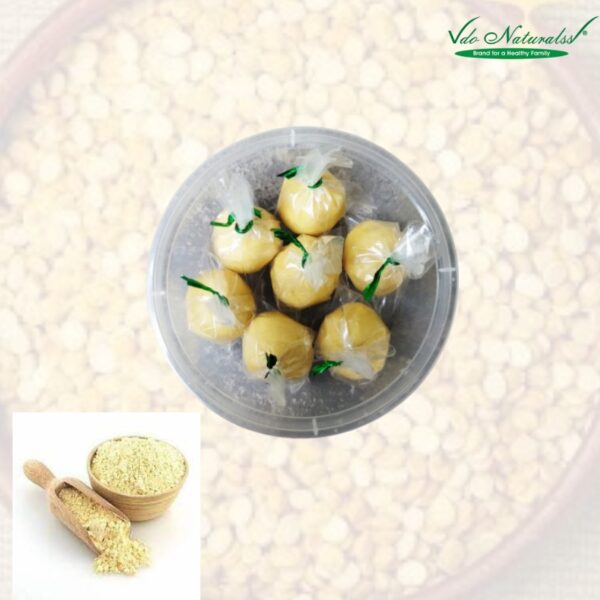 Chettinad Snacks
Chettinad Snacks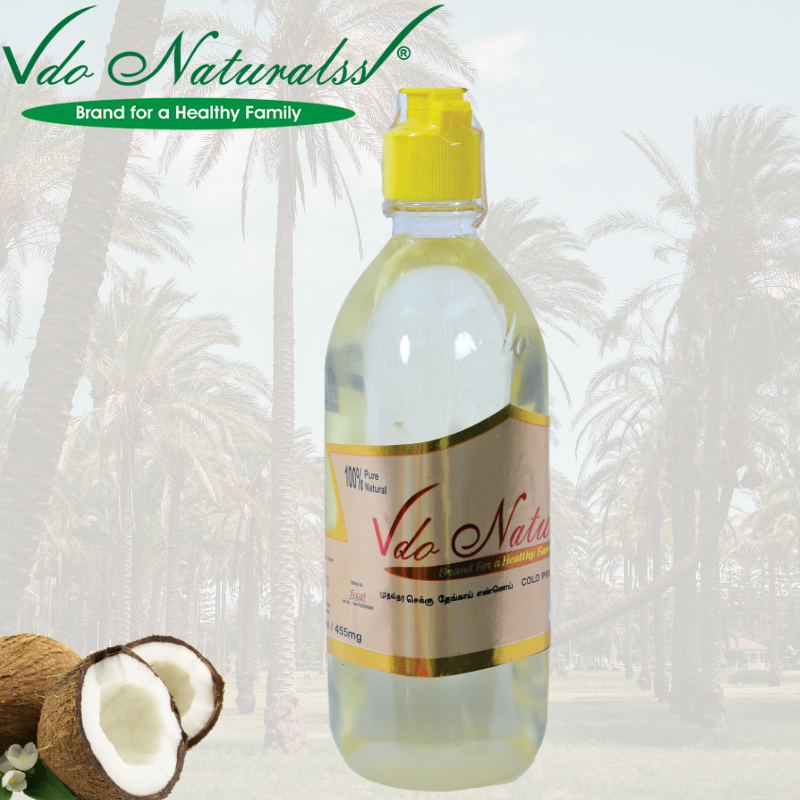 Coconut Oil
Coconut Oil Cookies
Cookies General
General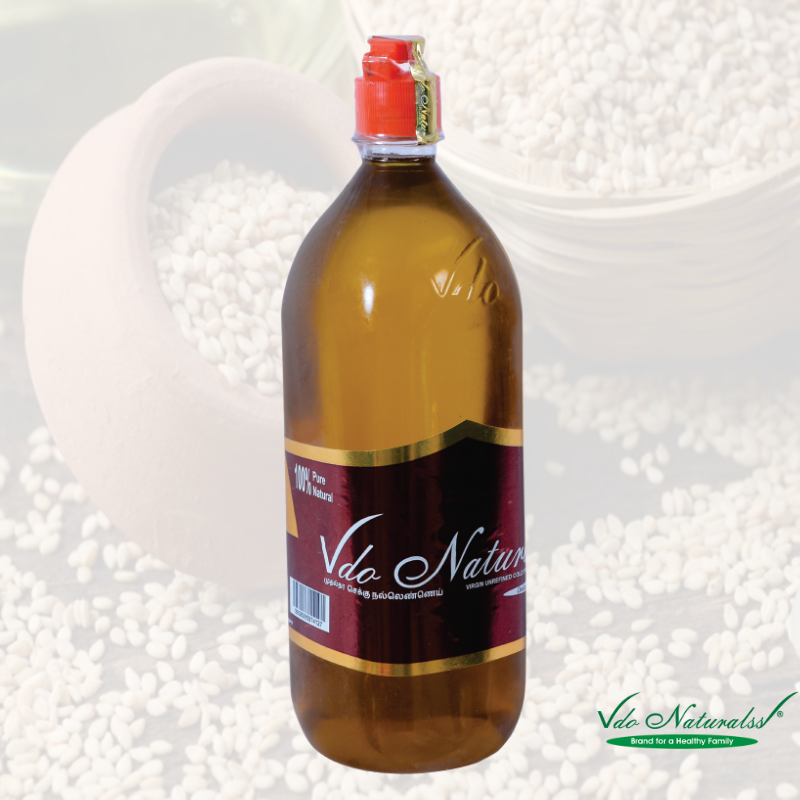 Gingelly Oil
Gingelly Oil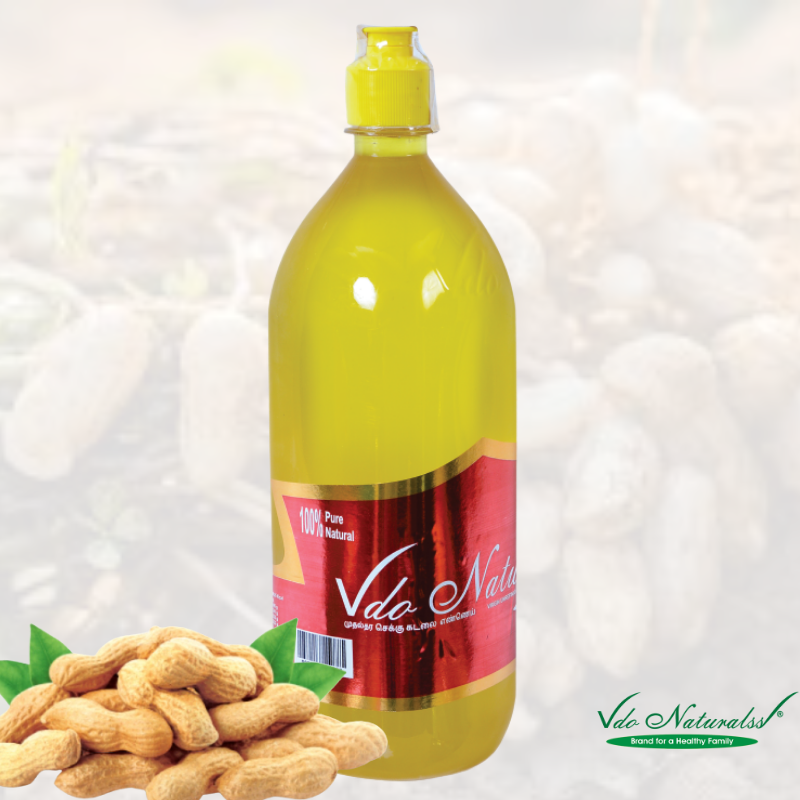 Groundnut Oil
Groundnut Oil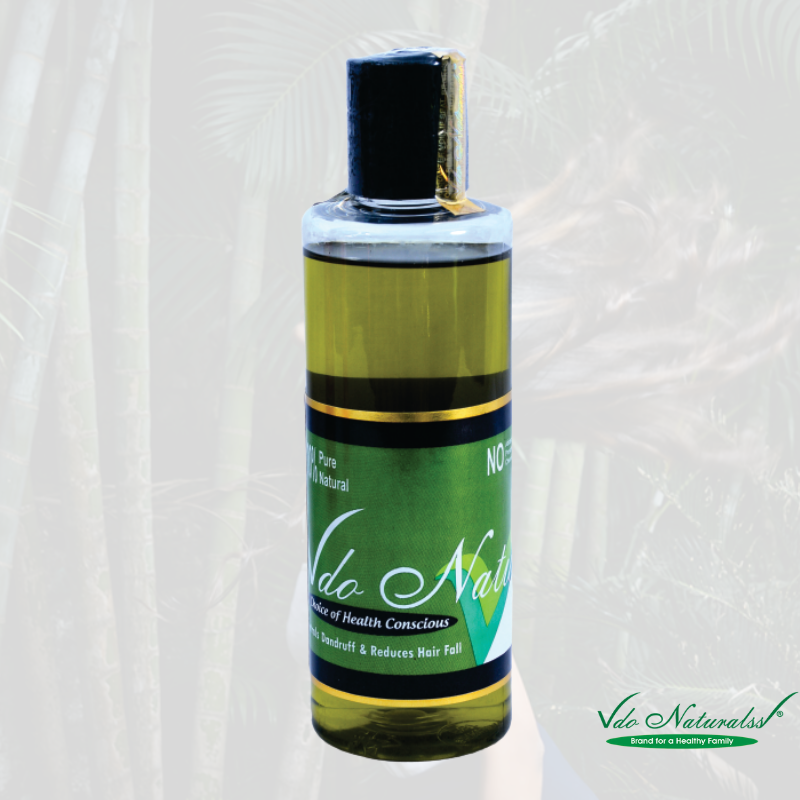 Herbal
Herbal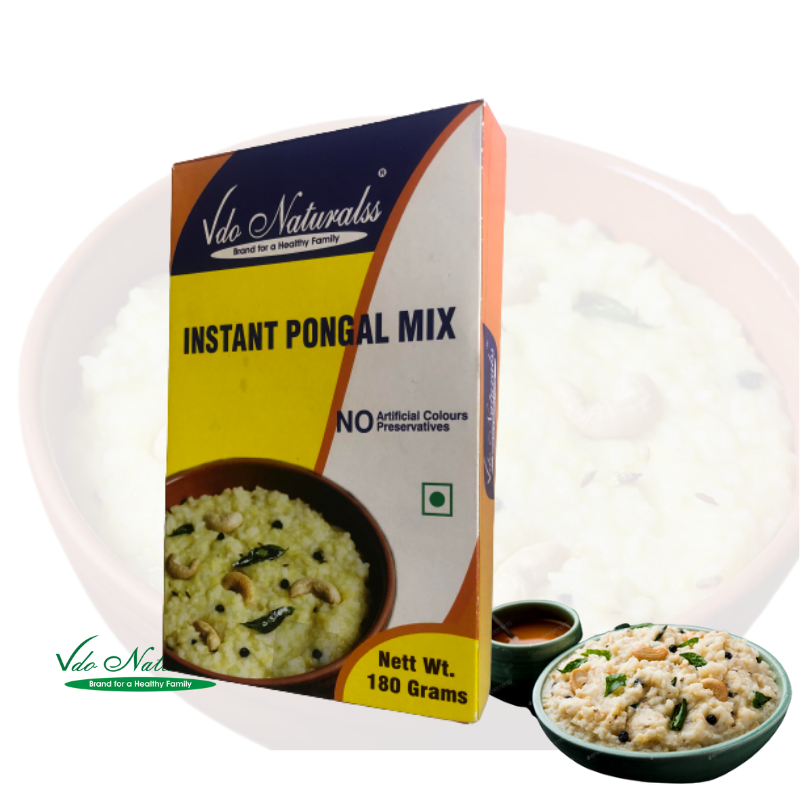 Instant Mix
Instant Mix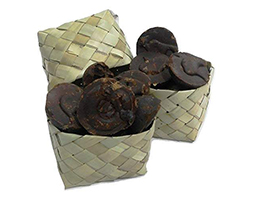 Karuppatti
Karuppatti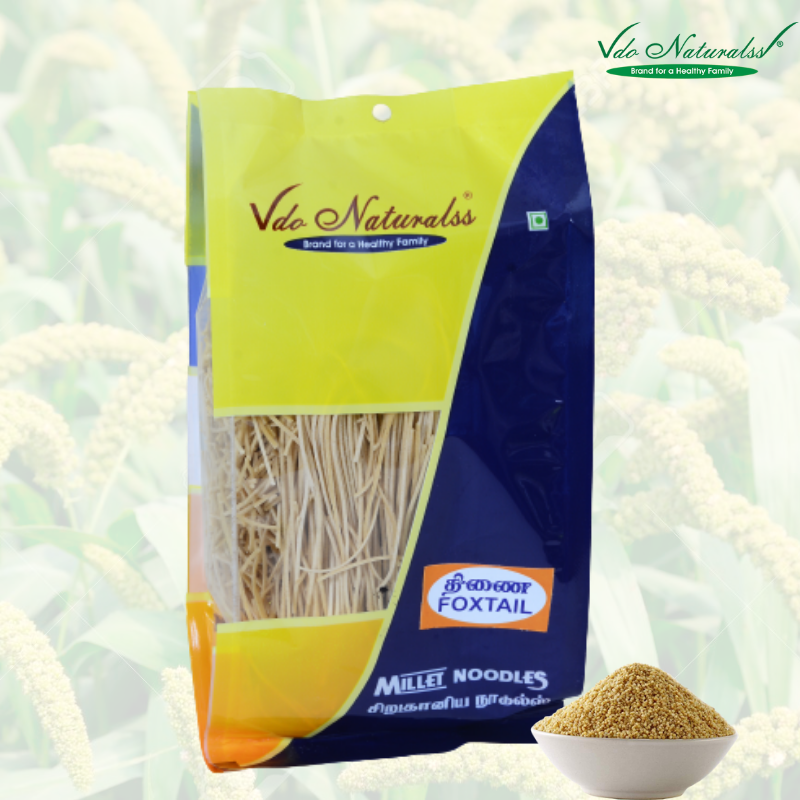 Noodles
Noodles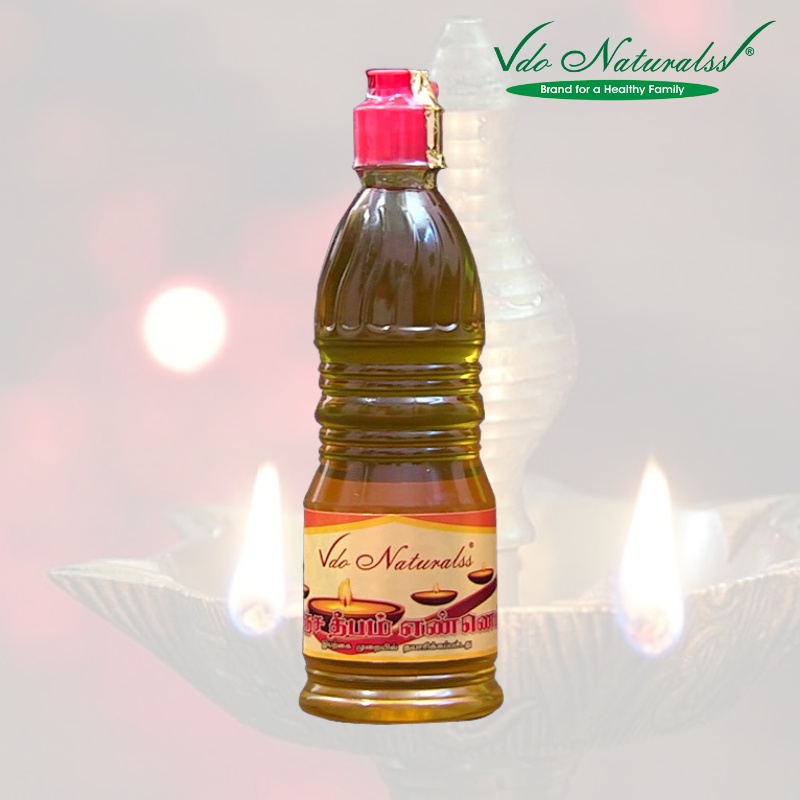 Panchadeepam Oil
Panchadeepam Oil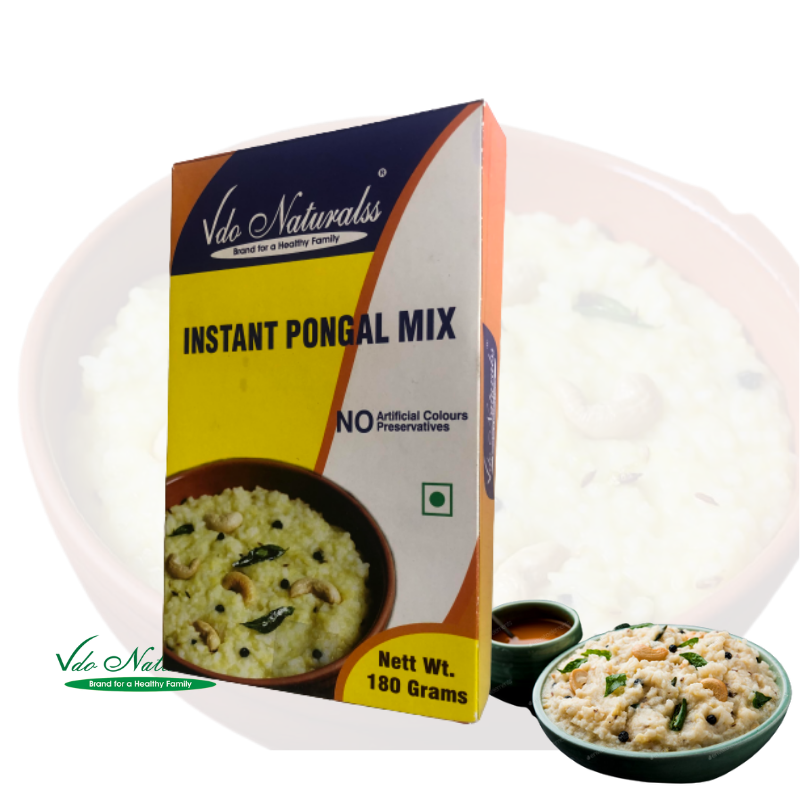 Pongal Mixes
Pongal Mixes